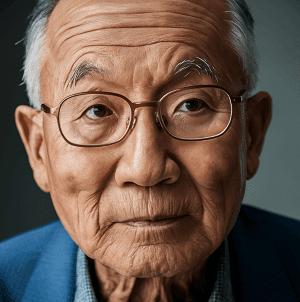A groundbreaking national long-term cohort study on Asian Americans, aimed at understanding cancer risks and disparities within this diverse population, is set to launch this year. The Asian American Prospective Research (ASPIRE) study, led by the University of California, San Francisco (UCSF) and funded by a $12.45 million grant from the National Cancer Institute, seeks to address the longstanding issue of viewing Asian Americans as a monolith in health research.
The study comes nearly 25 years after the Centers for Disease Control and Prevention reported that cancer had become the leading cause of death for Asian Americans, the first racial minority to reach this grim milestone. However, this aggregate data masked significant variations in cancer risks among different Asian subgroups.
ASPIRE aims to recruit 20,000 cancer-free participants aged 40-75 across the country, with plans to expand to 50,000 participants over 10 years. Researchers will collect lifestyle data and saliva samples to examine biological markers and stress-related factors that may contribute to cancer development.
“I think for too long, our communities weren’t at the table,” says Salma Shariff-Marco, a co-principal investigator of the study. The research team hopes to shed light on disparities within Asian American subgroups, such as high cervical cancer rates among Vietnamese American women and elevated stomach cancer mortality among Korean Americans.By disaggregating Asian American health data, ASPIRE aims to develop targeted prevention strategies and increase awareness of cancer risks within specific communities. The study’s findings could have far-reaching implications for addressing health disparities and improving cancer outcomes among Asian Americans.
See “First long-term cancer study in Asian Americans set to launch this year” (July 3, 2024)



